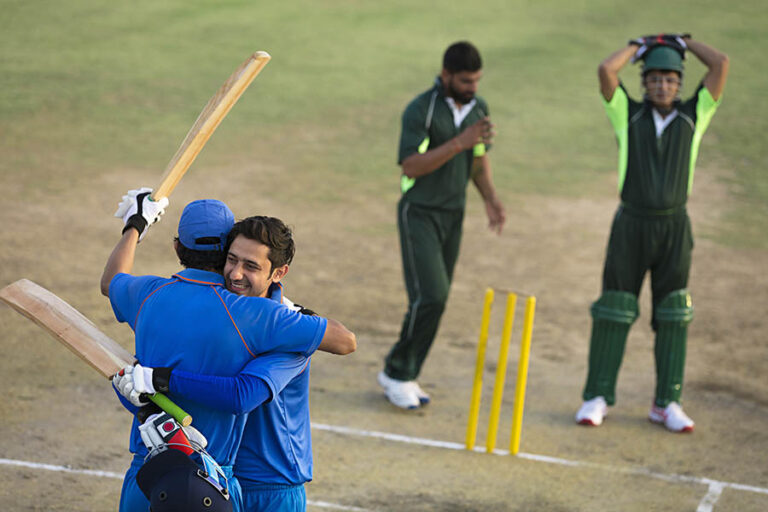Exploring the Psychology of Cricket Superstitions and Rituals: Laser 247 new id, Lotus365win, Sky247 com login password
laser 247 new id, lotus365win, sky247 com login password: Cricket, like many sports, is a game full of superstitions and rituals that players and fans alike follow religiously. From wearing lucky socks to performing a specific routine before each match, these superstitions and rituals have become an integral part of the sport. But have you ever stopped to think about the psychology behind these beliefs? Let’s delve into the world of cricket superstitions and rituals and explore the fascinating reasons behind them.
1. The Power of Rituals
Rituals play a significant role in cricket as they provide a sense of comfort and control to players. By performing a specific routine before each match, players feel more focused and prepared for the game ahead. These rituals help create a sense of consistency and routine, which can be comforting in the high-pressure environment of professional cricket.
2. Superstitions as Psychological Anchors
Superstitions, on the other hand, serve as psychological anchors that help players cope with uncertainty and anxiety. Whether it’s wearing a lucky pair of socks or avoiding stepping on the boundary line, these superstitions give players a sense of control over the outcome of the game. Even though they may not have any real impact on the match, these superstitions can provide players with a sense of security and confidence.
3. The Illusion of Control
Psychologically, superstitions and rituals create the illusion of control in an uncontrollable environment. In cricket, where so many variables can influence the outcome of a match, players cling to these superstitions and rituals as a way to feel more in control of their performance. By following these beliefs, players can feel like they have a say in how things will unfold on the field.
4. Boosting Confidence
Superstitions and rituals can also help boost a player’s confidence and motivation. By adhering to these beliefs, players can create a positive mindset that can improve their performance on the field. Whether it’s wearing a lucky charm or reciting a mantra before a match, these superstitions can help players stay focused and energized throughout the game.
5. The Role of Belief
Ultimately, the power of superstitions and rituals in cricket comes down to belief. If a player truly believes that wearing a certain color will bring them luck, then it can have a real impact on their performance. Belief in these superstitions can create a self-fulfilling prophecy, where players perform better simply because they have faith in their rituals.
6. Breaking the Cycle
While superstitions and rituals can be beneficial for some players, they can also become detrimental if they start to interfere with performance. If a player becomes too reliant on their superstitions and rituals, it can lead to a lack of adaptability and flexibility on the field. It’s important for players to strike a balance between following their beliefs and staying open to change and growth.
In conclusion, the psychology behind cricket superstitions and rituals is a fascinating topic that sheds light on the human mind’s capacity for belief and control. Whether it’s a pre-match ritual or a lucky charm, these superstitions and rituals are an essential part of the game for many players. Understanding the psychological reasons behind these beliefs can help us appreciate the role they play in shaping a player’s mindset and performance on the field.
FAQs:
1. Are superstitions and rituals common in cricket?
Yes, superstitions and rituals are prevalent in cricket, with players often following specific routines before matches and during games.
2. Do superstitions really have an impact on a player’s performance?
While the physical impact of superstitions may be minimal, the psychological boost they provide can have a real effect on a player’s confidence and mindset.
3. How can players balance superstitions with performance?
Players should aim to strike a balance between following their superstitions and remaining open to flexibility and adaptability on the field. It’s important not to let superstitions dictate performance.







